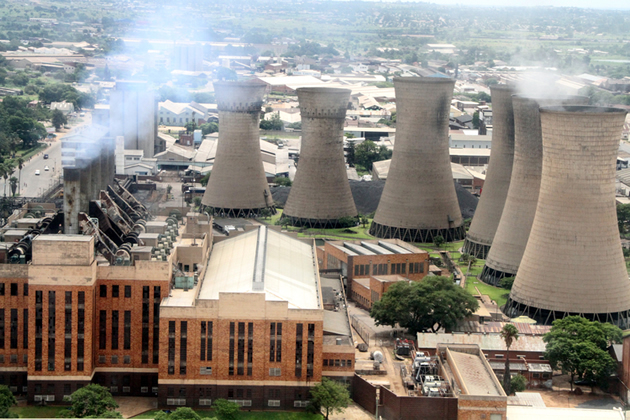In a bid to revive Bulawayo’s ailing industries, the government has said it is crafting an industrial development strategy for the city to be soon unveiled.
Once the industrial hub of the country, Bulawayo is now reeling from the effects of deindustrialisation, which has thrown many into the streets.
A number of past efforts to bring back Bulawayo on track have over the years also hit a snag, with the country’s second largest city still battling company closures.
The Distressed and Marginalised Areas Fund (DIMAF) availed to the city’s suffocating firms during the coalition government era – 2009 to 2013 – did not also help reverse deindustrialisation as companies continue to close shop.
It, however, remains to be seen if this latest initiative by the government would yield any positive results.
Industry and Commerce Minister Nqobizitha Ndlovu last week disclosed the government was working on an industrial turnaround plan for Bulawayo, with a view to restoring the city’s status as the former industrial hub of the country.
Ndlovu said the plan, nearing completion, would be soon launched.
He was however quick to point out that the strategy would not immediately yield positive results, adding there was still a need for stakeholders to market Bulawayo as a safe investment destination.
Zimbabwe National Chamber of Commerce (ZNCC) Bulawayo chapter chairman, Brighton Ncube, told CITE, they welcomed the government’s initiative, adding more still needs to be done to revive industries in Bulawayo.
“We are open to any policy, initiative or anything that can grow Bulawayo economy,” said Ncube.
“We have been lobbying government for such kind of initiative; we have been looking for some intervention in Bulawayo’s industry.”
Ncube, who said Bulawayo businesses had an input into the strategy being crafted, added they hoped it would help bring the back Bulawayo to industrial vibrancy.
He said in the past, policies had crafted without consultations, resulting in failure upon implementation.
Ncube further said there was also need for financial institutions to empower their branch managers to approve loan applications locally instead of centralising everything in Harare.
He said that would help Bulawayo businesses to easily access funding and bring back the city to its former glory.
But economist, Butler Tambo, said he did not see the strategy being crafted by government changing the state of Bulawayo industries.
“An industrial development policy focusing on Bulawayo is nothing more than a waste of state resources and time,” said Tambo.
“Already there is talk of wanting to resuscitate the textile industry which used to make Bulawayo tick 20 years ago but has since died and can’t be revived.”
He said the textiles sector which used to drive industry in yesteryears thrived owing to government support through preferential forex allocation, subsidised electricity for industry, among other related factors, which the current government cannot afford.
“Obsolete equipment and a lack of economies of scale will render textiles resuscitation a pipe dream if not a nightmare,” further said Tambo.
“Instead of crafting another policy that will never be implemented the Ministry of Industry should operationalise the Special Economic Zones that have been gathering dust in some executive offices, revitalise the Trans-Limpopo Spatial Development Initiative and focus on new industries or go for the low hanging fruits of domestic and foreign tourism using already existent places around Bulawayo. If these initiatives I mention can be given genuine focus then Bulawayo can be revived again.”

